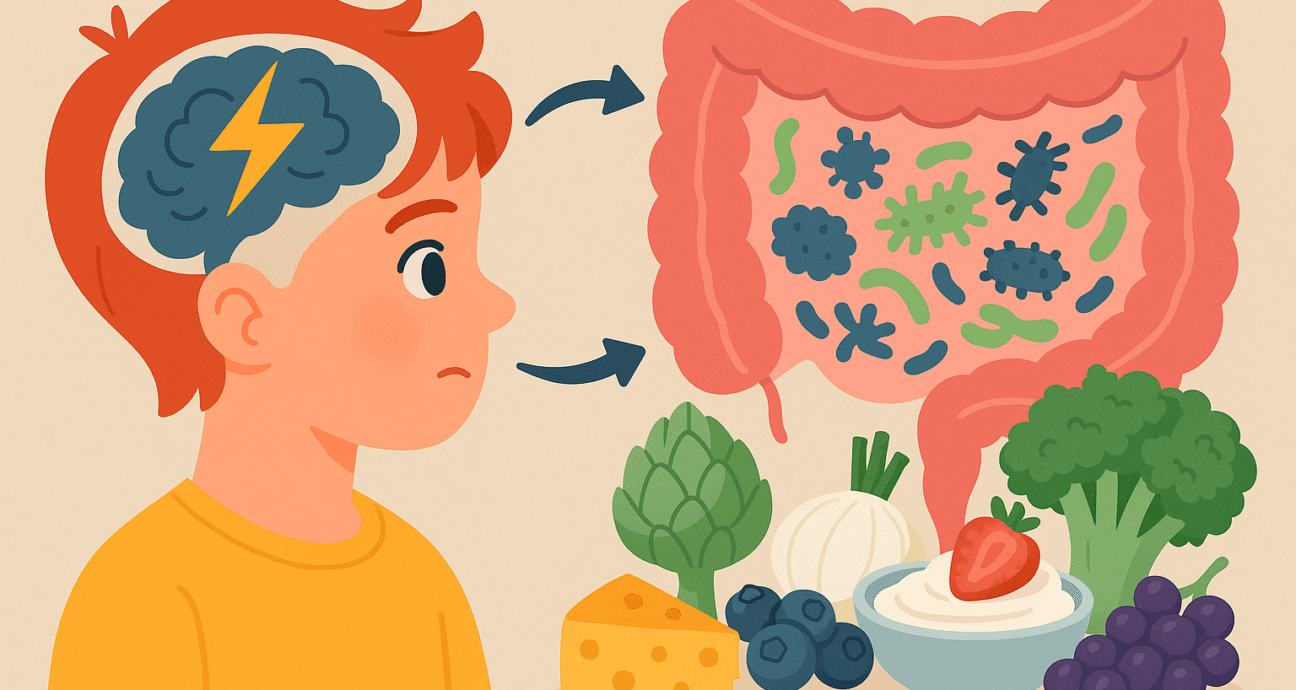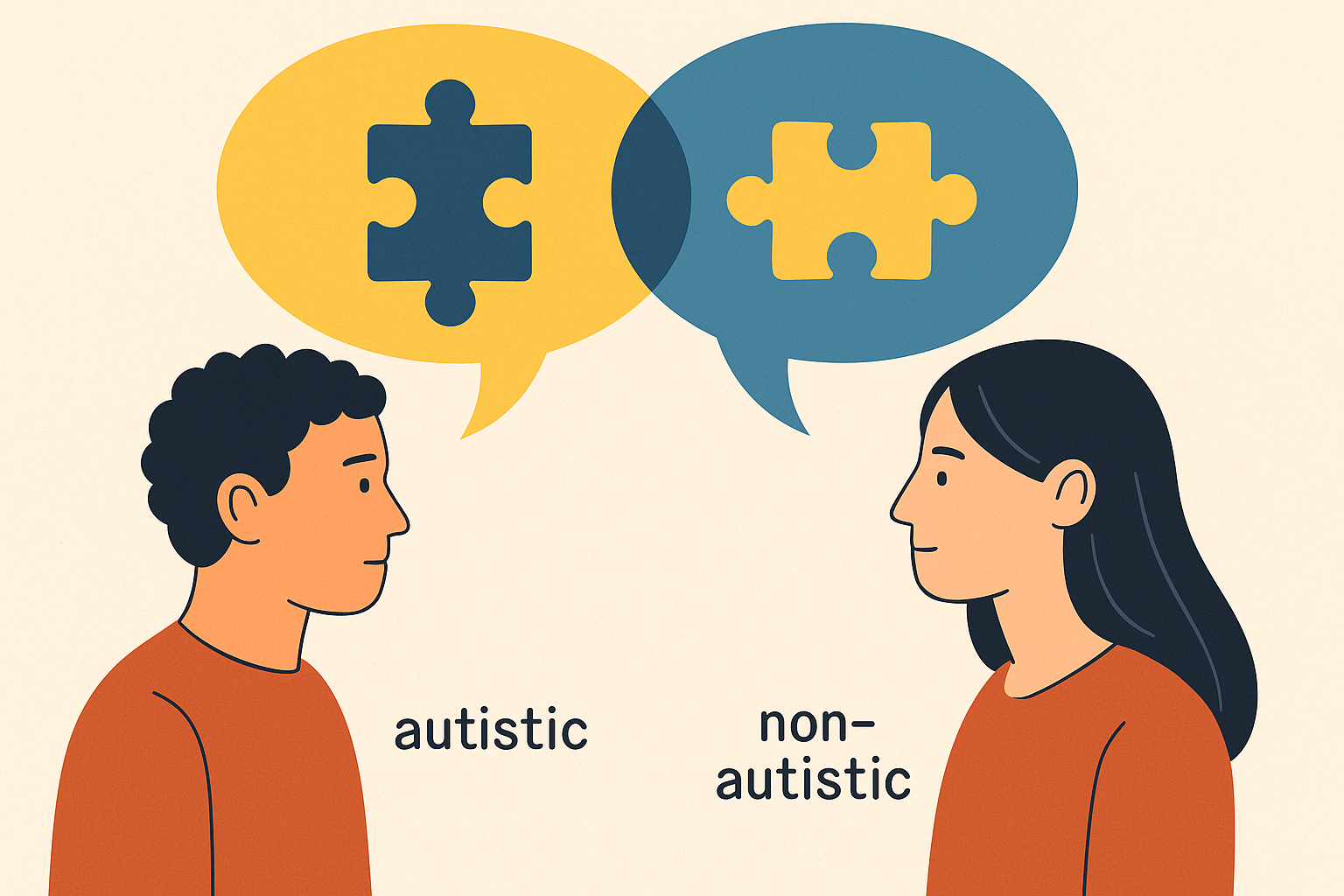The Fascinating Link Between ADHD and Gut Health

Attention-Deficit/Hyperactivity Disorder (ADHD) is among the most common neurodevelopmental conditions in children and its rates have doubled over the past two decades.
For many, ADHD feels like having endless energy with no clear direction — a “rocket engine with bicycle brakes.”
While some people’s symptoms ease with age, others continue to face challenges into adulthood. Genetics play a role, but new research shows there’s more to the story — especially when it comes to the gut-brain connection.
Energy in Motion
People with ADHD often thrive when they can move, create, or compete. Famous figures like Michael Phelps, Simone Biles, and Albert Einstein show that high energy doesn’t mean low intelligence — it just needs the right outlet.
Many creatives and entertainers, from Ryan Gosling to Ellen DeGeneres, credit their ADHD for enhancing imagination and originality.
The Gut-Brain Axis
Recent studies suggest that ADHD may be linked to an imbalance in gut bacteria. Individuals with ADHD tend to have more Ruminococcus gnavus (associated with inflammation and gut disorders) and fewer Faecalibacterium bacteria, which produce butyrate — a compound that heals and protects the gut lining.
When the gut barrier weakens, toxins can enter the bloodstream and affect the brain, influencing mood, focus, and energy levels.
Diet as a Natural Support
To nurture your microbiome, feed it fiber-rich foods and fermented products.
Legumes, artichokes, onions, and berries nourish good bacteria, while yogurt, kefir, sauerkraut, and kimchi add beneficial microbes.
Processed foods, on the other hand, lack fiber and may contribute to rising ADHD rates.
If you’re on medication, don’t stop — but consult your doctor about dietary support. Balancing gut health may enhance focus and emotional stability, possibly reducing the need for higher doses.ADHD can be both a challenge and a strength. Supporting your gut might just help you transform it into your superpower.




